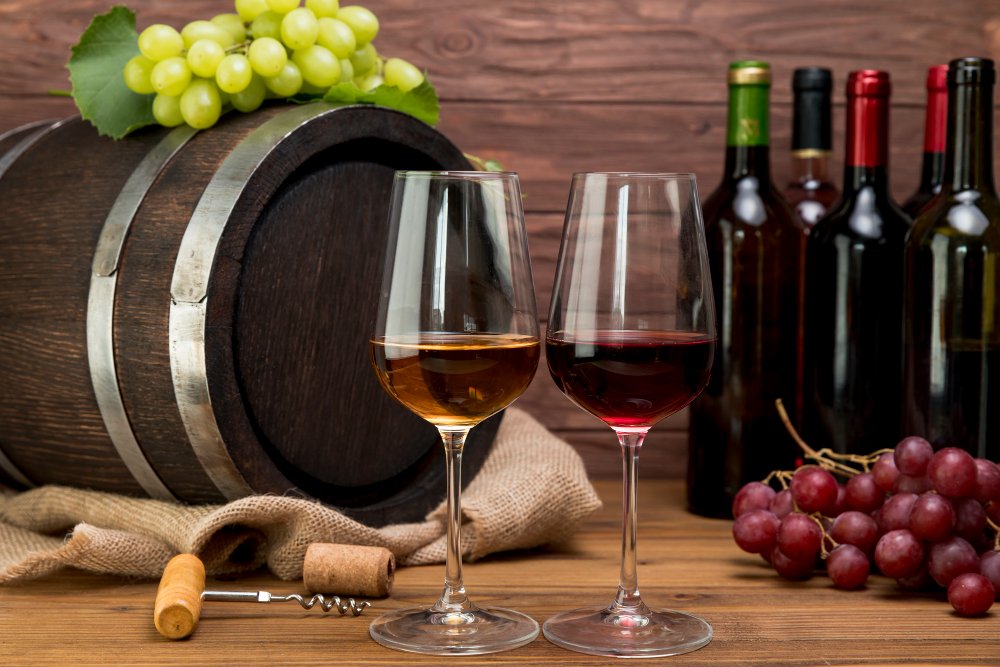In small villages where identity is a matter of traditions, roots and customs that have been handed down over the centuries, time is marked by the seasons and their rhythm by ancient rituals. One of the most characteristic is the Festa dei Perciavutti and is celebrated in several towns in Calabria on 8 December, in conjunction with the Feast of the Immaculate Conception. This traditional feast is organised in honour of the new winePerciavutti, ready to be tasted after the grape harvest period (which lasts from the end of August until November): in fact, the name Perciavutti derives from the verb 'perciare', meaning to pierce (in this case the barrels filled with wine). One of the towns where the Perciavutti festival is particularly popular is Mormanno, a village in the province of Cosenza located in the Pollino Park. For the occasion, after the festivities in honour of the Immaculate Virgin, an ancient dimension of stories, old-fashioned work and genuine flavours opens up in the village quarters. The alleys and lanes witness the reopening of the cellars (or 'vuttari', as they were once called) where the tasting of new wine takes place, accompanied by the sampling of traditional country dishes. The atmosphere is then further enlivened by musical performances and the presence of markets where gastronomic products and handicrafts can be purchased.
But why does the Perciavutti festival fall on 8 December?
Like many popular rituals, the time of year in which they are to be performed is carefully chosen and, very often, involves a close connection between the daily dimension of working the land and the religious sphere. Until the 15th century, the tasting of the new wine was scheduled in November, but today this tradition has shifted by a month due to some late harvests that take place precisely in this month. As for the day, 8 December, it would seem to mark a connection with the Virgin, a figure who, in a certain sense, retains a profound bond with wine: according to the Scriptures, in fact, it was thanks to her convincing intervention that Jesus, during the episode of the Wedding at Cana, performed his first miracle by transforming water into wine. This is also why, in popular tradition, Our Lady of the Immaculate Conception is also called Our Lady of Wine.
